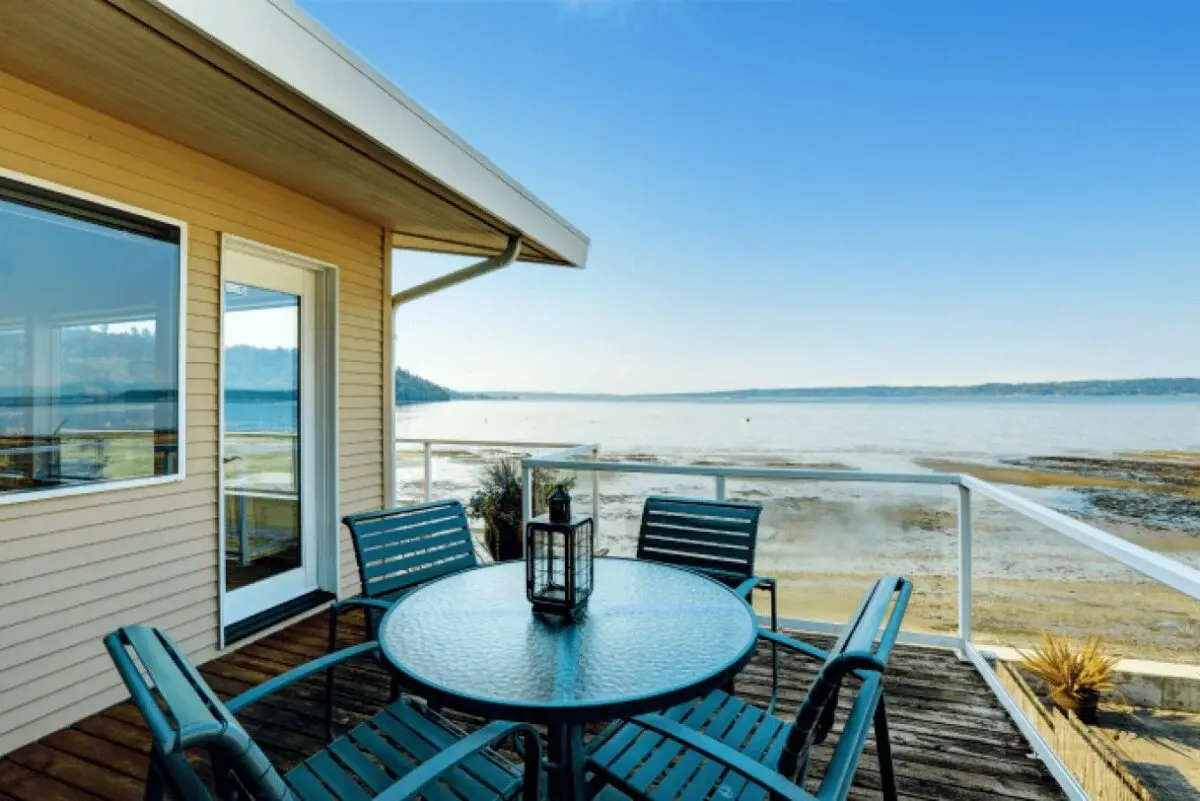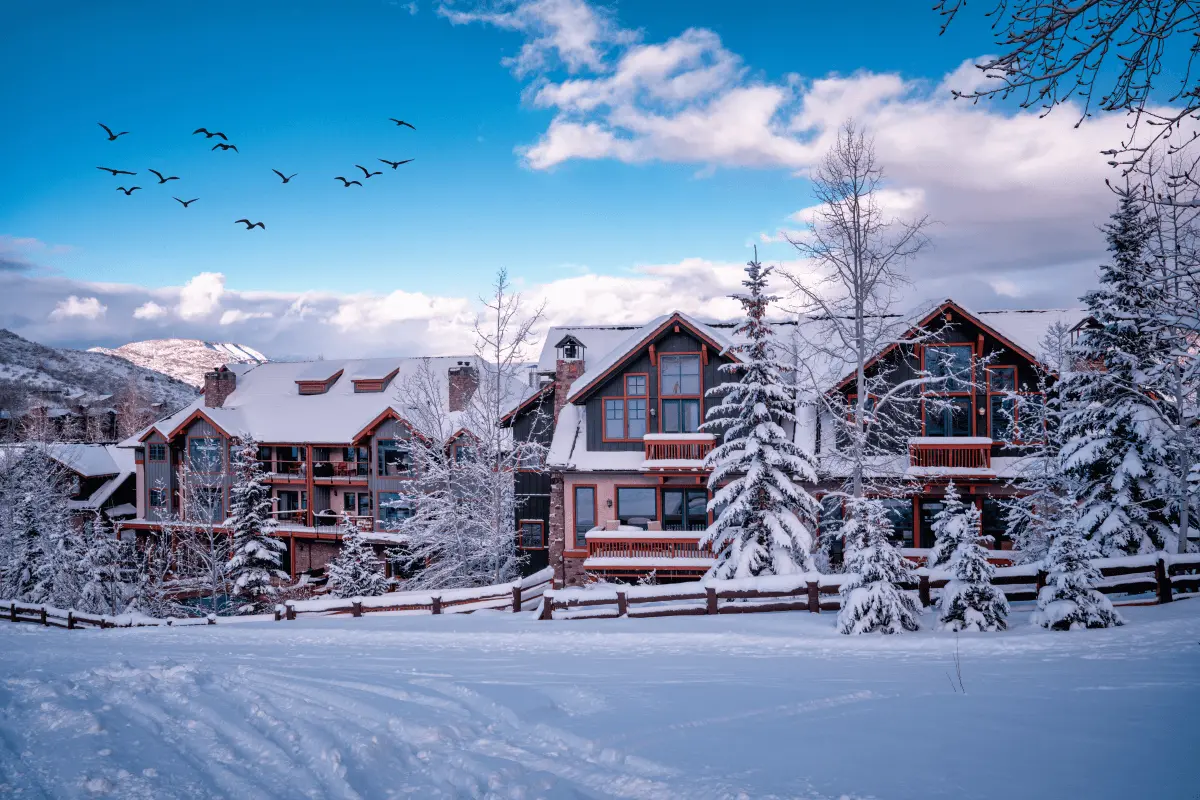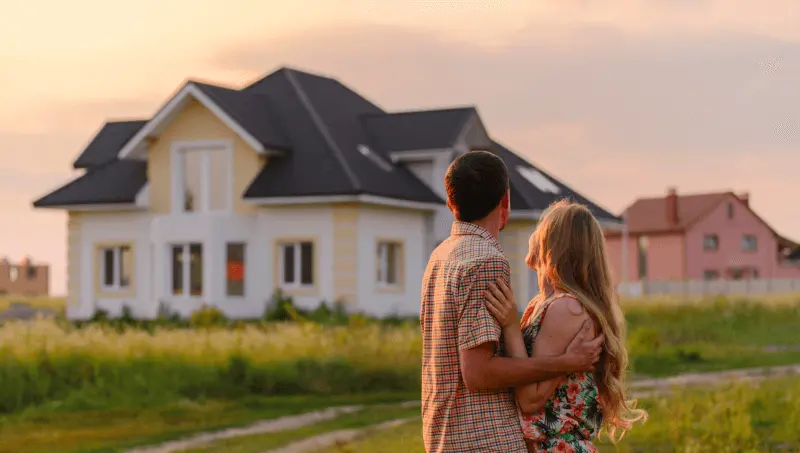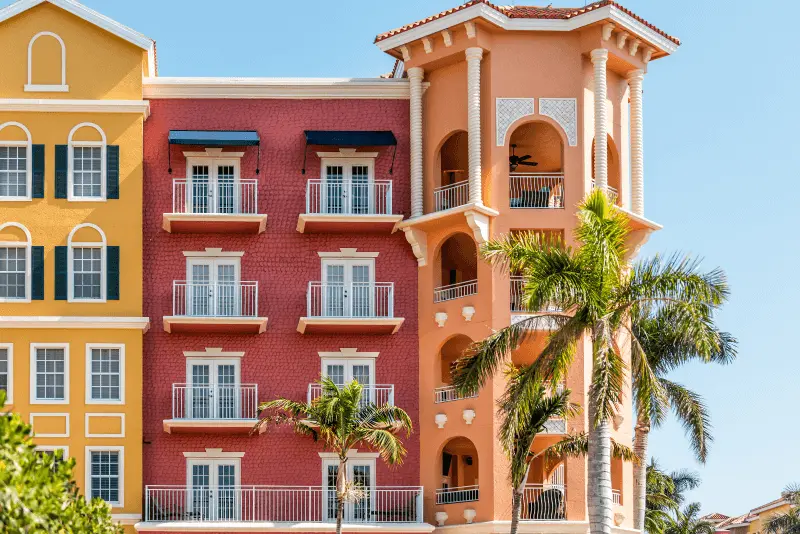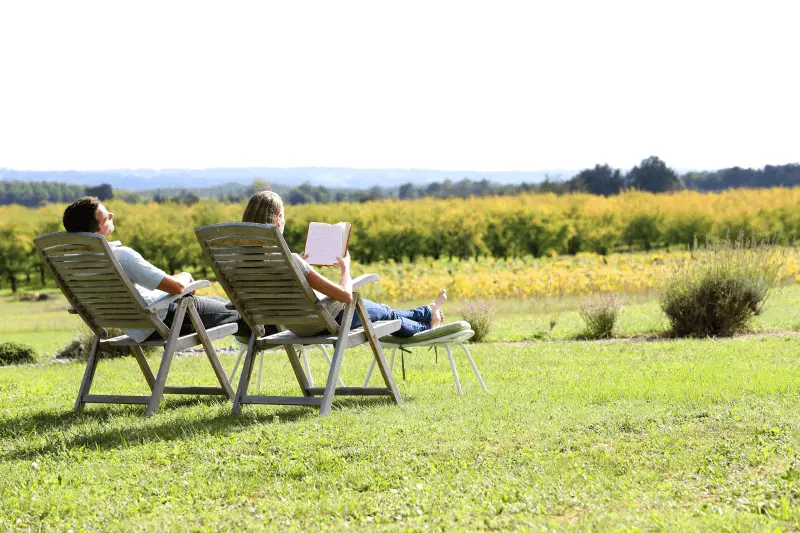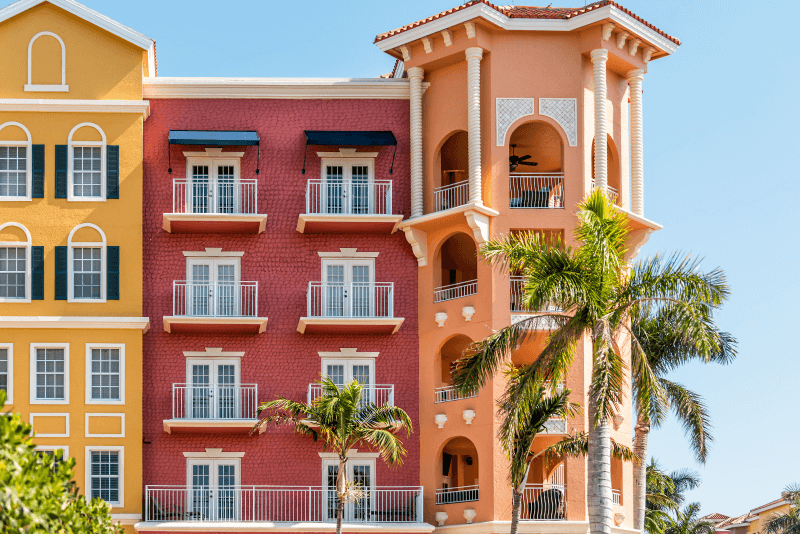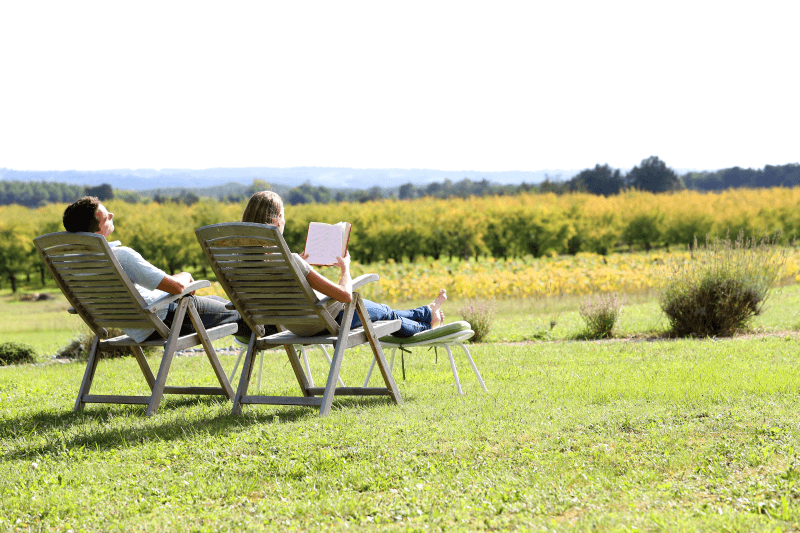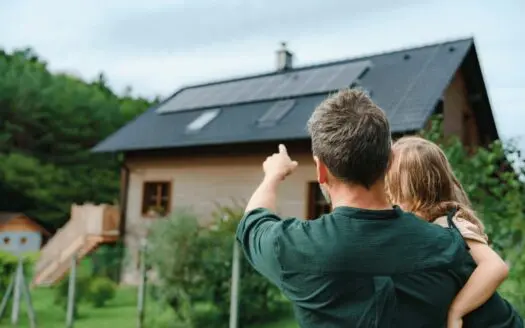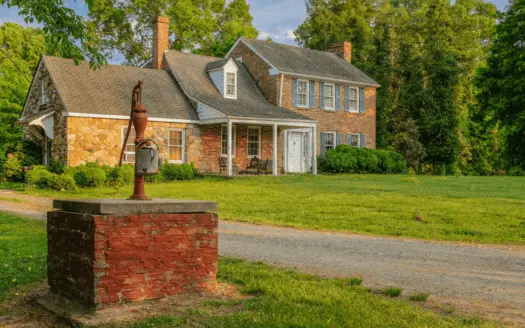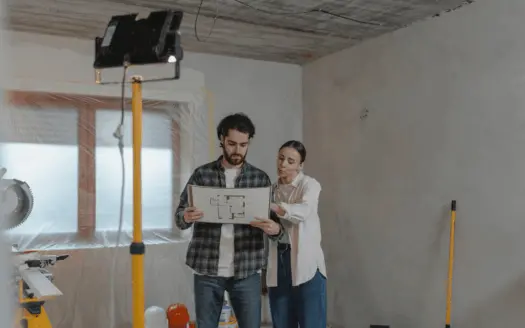10 Essential Tips for Buying the Perfect Vacation Home | United Country Real Estate
10 Tips for Buying a Vacation Home
Buying a vacation home can be an exciting and rewarding experience, but it can also be nerve-wracking, especially if you’re not familiar with the process.
Purchasing a home that you’ll spend extended periods of time in can also be an investment. In other words, you should expect to spend some time checking properties out and doing your research before making an offer on one that meets all of your criteria.
However, investing time in researching the market and finding the right property doesn’t have to be difficult or frustrating if you know what questions to ask and how to do so without seeming like a frugal fool.
Read on for some helpful tips on how to find the perfect vacation home when looking for one yourself!
Here are 10 tips to help you choose a vacation house wisely.
1. Don’t Get Caught Up in the Hype
The vacation home market is not as strong as it once was, which means that when a potential property comes on the market, it’s likely that a good selection of homes can be found. However, there is still a lot of hype surrounding the industry and the rising popularity of, and interest in, vacation home ownership.
This means that there are more listings and more competition than ever before. This is likely to continue for the foreseeable future, so if you’re looking to buy a home that you’ll be spending a lot of time in, it’s important to keep your expectations low.
The holiday property market is not what it used to be, which is why you’ll find fewer and fewer homes that are actually suitable for vacation use.
2. Ask Yourself: Would I Buy This Home as My First Home?
When you’re looking at potential vacation homes, it’s important to ask yourself if you would buy this property as your primary residence. If the answer is no, then it may not be the best choice for a vacation home. Priya Malani, founder and CEO of financial firm Stash Wealth, “Sometimes we observe people concentrating their savings on holiday homes rather than the main residence, which has become more commonplace in the areas where real estate costs and living expenses exceed the national average, like LA and NYC.”
For instance, if you are relatively young and plan to relocate to the suburbs to start a family, yet also yearn for a lake house, investing in it first may not be the best choice.
3. Research Comparable Properties
Next, you should conduct a comparative property research and investigation on properties that are similar to the one you’re interested in. This can help you see what options are available in your area and what potential vacation homes look like in comparison.
You can also use this data to narrow down the number of properties that you want to look at during your trip. In addition to researching the market and seeing what similar homes are selling for, you should also conduct an inspection on the home you’re interested in buying.
This can help you to get a feel for the quality of the construction and the home’s amenities before you make an offer and potentially walk away from the deal.
4. Know Your Budget
The first step in buying a vacation home is determining your budget. There are a lot of factors to consider when buying a home, including taxes, mortgage payments, maintenance fees, and more.
However, the first and most important is your budget. Put together a detailed list of everything that you’ll have to spend to buy the home, including fees for agents, inspections, and closing costs. This can help you see exactly how much your budget will be and what you’ll be able to purchase.
If you’re interested in buying a home that you intend to use as a primary residence, you should also include the cost of replacing any items that you’ll need to replace in the home, such as appliances and kitchenware.
5. Plan Your Trip And Do a Drive-by
Before you go looking, it’s important to think about your trip and how you’ll go about finding the right vacation home. You can’t just go straight to the beach and expect to stumble upon the perfect home during your trip.
Instead, take some time to map out how you’ll go about finding the perfect vacation home. You can do this by combing online listings, visiting real estate agents’ websites, and talking to locals who know the area.
It’s also important to consider if you want to visit a specific part of the area while looking for a vacation home, or if you want to keep an open mind and see what you can find.
6. Evaluate the Local Rental Market
If you plan on renting out your vacation home, it’s important to evaluate the local rental market. You should research what type of rental properties are in demand and how much they are renting for. This will help you determine if buying a vacation home is a good investment or not.
Malani suggests, “It’s essential to understand the local rental market before investing in a holiday house. You should research what type of rental properties are in demand and how much they are renting for. This will help you decide if buying a vacation home is a good investment or not.”
If you’re considering purchasing this home with the intention of renting it out, that might help to recoup some of the cost – but don’t expect a specific rate, as rental prices are always fluctuating.
7. Ask About Maintenance Fees Before You Make An Offer
When you’re looking at the market and researching similar properties, it’s also important to make sure that you find out about maintenance fees and what they might cost you. Some condos and homes that are advertised as vacation properties are actually not always maintained properly.
Therefore, you might find that they need a lot of work, which could potentially cost you a lot of money. When you’re looking at similar properties, make sure that you ask about the amount of maintenance fees.
Some real estate agents will not include these expenses in the listing price, so it’s important to ask and make sure that you’re not missing out on anything.
8. Consider a Diversified Investment Portfolio
When you’re investing in a vacation home, it’s important to consider diversifying your investment portfolio. This means investing in different types of properties such as condos, townhomes, and single-family homes.
Malani suggests, “It’s essential to diversify your investment portfolio when purchasing a holiday house. Consider investing in different types of properties such as condos, town homes, and single-family homes. This will help to spread out your risk and ensure that you’re not putting all of your eggs in one basket.”
9. Be Real About How Much Time You’ll Spend There
When you’re buying a vacation home, it’s important to be realistic about how much time you’ll actually spend there. If you’re only going to use the property for a few weeks out of the year, then it might not make sense to invest in a larger property.
It’s essential to be realistic about how much time you’ll actually spend at the vacation home. If you’re only going to use the property for a few weeks out of the year, then it might not make sense to invest in a larger property.
10. Offer Only What You’re Willing to Lose
As you’re looking at properties and researching the market, it’s important to keep in mind that you’re investing a large amount of money in a potential vacation home. Therefore, you should be willing to walk away if the home isn’t right for you or if it turns out to be a bad deal.
However, if you’re willing to walk away even if you’re a little nervous, then you’ll be able to find a better deal than if you were too hesitant to walk away.
It’s important to keep your expectations low, research the market, and make sure to ask questions before you make an offer.
Invest Smart on Your Vacation Home
Finding a vacation home can be a challenging process, as many homes are not fit for purpose or are simply not well maintained. Fortunately, you can find a good home by performing a thorough search and by keeping your expectations low.
It’s important to know your budget, research comparable properties, and ask about maintenance fees before you make an offer.
Ready to buy your own vacation retreat? Let us help you at United Country Real Estate!

